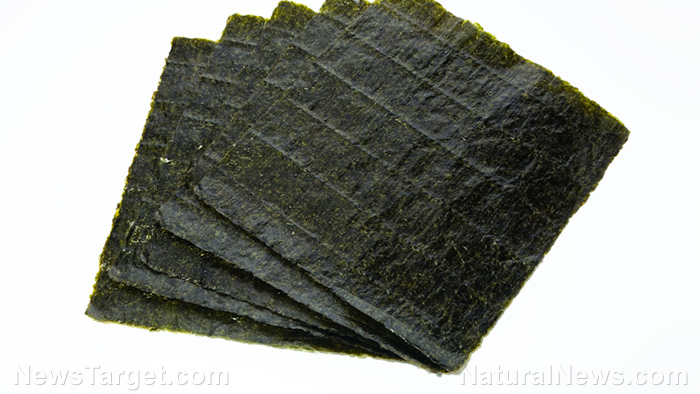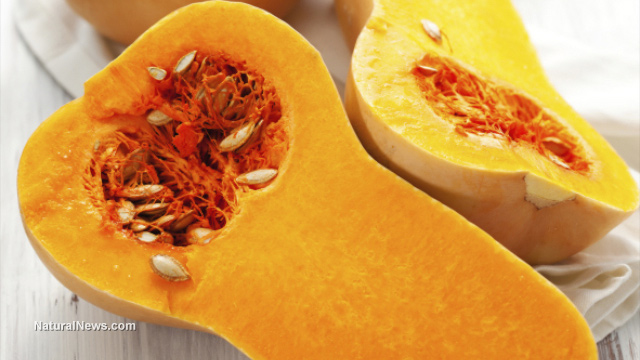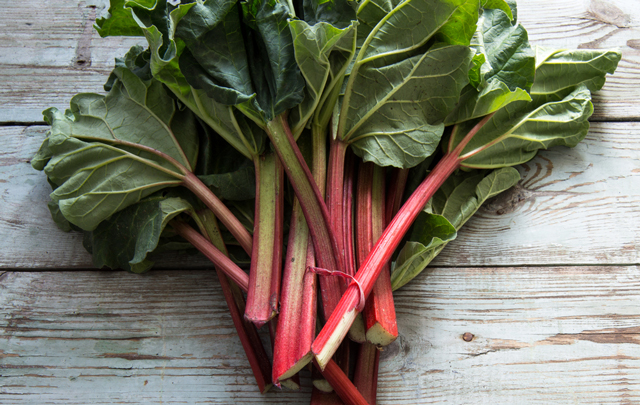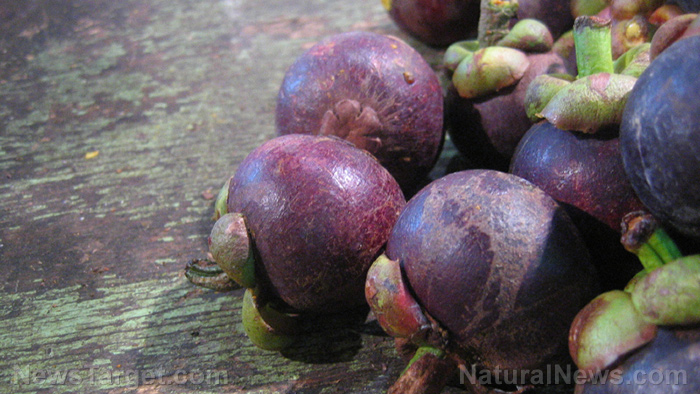Science journal confirms eating turmeric cured myeloma cancer in 57-year-old woman
07/31/2017 / By Rhonda Johansson

After undergoing three rounds of chemotherapy and four stem cell transplants and still finding herself sick and weak, blood cancer patient, Dieneke Ferguson, believed she reached the end of her tether. She was told she had exhausted all her options. “Nothing worked: there was just too much cancer….there was nothing else I could do,” she recalled in an interview with The Daily Mail. Ferguson, though, refused to accept the “inevitable” and turned towards an alternative treatment: curcumin. The polyphenol, which is the main compound of turmeric, is what has been keeping her alive and well for the last five years, she says. Her extraordinary story will be featured in an upcoming study in the British Medical Journal.
The North London resident was first diagnosed with myeloma in 2007. This is a form of blood cancer where plasma cells become abnormal and release a type of antibody called paraprotein which has no known useful function. Unlike most cancers, myeloma does not form a tumor. Myeloma accounts for only two percent of all recorded cancer cases, and is one of the least understood variety. It remains incurable, with diagnosed patients told they have a life expectancy of only five years — if they’re lucky. Patients with myeloma are typically prescribed several rounds of chemotherapy along with invasive treatments to stabilize blood levels. But while Ferguson followed these treatment plans obediently, she saw no results. At a loss, she decided to start a new treatment after an internet support group told her to try curcumin.
“I had nothing to lose,” she said.
Ferguson began taking eight grams of curcumin in tablet form daily. This is equivalent to about two teaspoonfuls of pure powdered curcumin. Within only 15 months, Ferguson noticed a considerable difference in her overall health. It wasn’t just a feeling either; oncologists saw that her plasma blood levels were almost normal. These blood counts have remained within the normal range for the last five years.
Jamie Cavenagh, professor of blood diseases at London’s Barts Hospital, who reviewed Ferguson’s case, was bemused. “When you review her chart, there’s no alternative explanation [for her recovery] other than we’re seeing a response to curcumin,” he said.
Ferguson said she will continue to take her supplements. She reports herself as happy, healthy, and enjoying a “high-quality life.”
Curcumin as a natural cancer treatment
This may come as a surprise but: food heals. Ferguson’s story is quite inspiring, but it isn’t something we haven’t heard of before. Several stories of the healing properties of various herbs and spices have reached our ears for some time now. Unfortunately, we have nothing to really back it up, as medical studies regarding alternative treatments to cancer remain lacking. There are several factors involved here, but one reason is that there simply isn’t any return of investment in studying natural herbs. As mentioned in the same Daily Mail article, “[studies that involve natural and alternative treatments] cost millions, and the investments could never be repaid as there is no money to be made from sales of a natural compound that cannot be patented.”
Still, there is enough data to suggest a very “real” effect of curcumin in cancer therapy. The compound has been studied to reduce the symptoms of cardiovascular conditions, depression, and dementia. Health experts say that the anti-inflammatory and antioxidant properties of curcumin can help fight off almost all forms of cancer. These assumptions though remain to be verified as funding for such types of research will probably never be received. Stay up to date on breaking news about turmeric and curcumin at Turmeric.news.
Sources include:
Tagged Under: cancer, cancer cures, cancer treatments, curcumin, functional food, myeloma, natural medicine, nutrients, turmeric




















